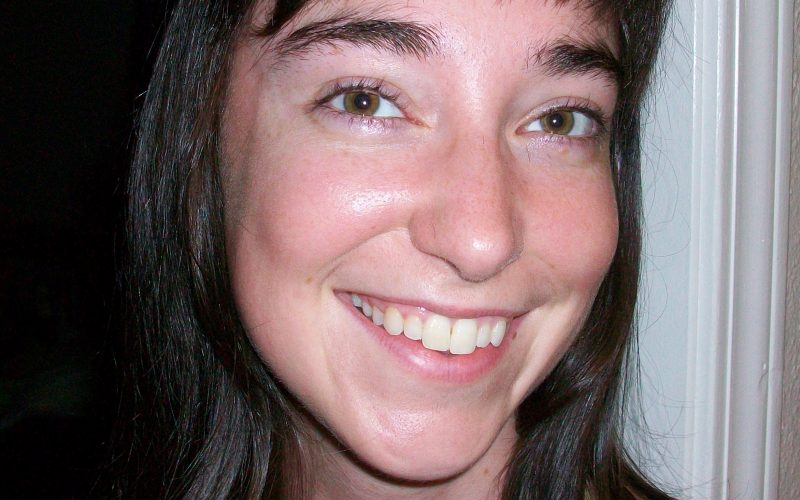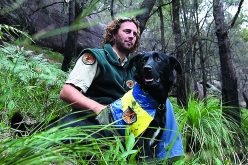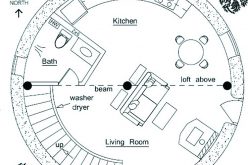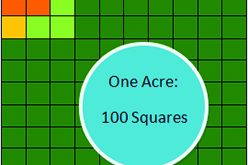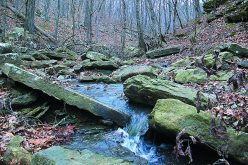
Amanda Bancroft
Making Ripples
Everybody has a bad day sometimes. But some people weather their bad days better than others, and lucky for us, it has little to do with luck. There are concrete ways to use both our lifestyle and nature to buffer ourselves from our troubles, enhance our ability to adapt, and increase resiliency. Not everyone will have the same problems or success at solving them, but the human body is thankfully predictable in most cases.
The first is the body’s response to nature. In general, that response is positive. Time spent in nature may relieve stress. Just looking at a photograph of nature in an office can improve mood. By creating a beautiful spot on an urban balcony or backyard habitat in your yard, it creates an escape for us as well as the plants and animals struggling under a human-dominated world. Don’t underestimate the value of smell, taste, and color for alleviating stress. You can still have a peaceful spot even if it’s not quiet.
It may seem obvious, but finding a way to bring nature into daily life won’t do any good if we forget to enjoy it regularly, so set alarms or write reminders or whatever you may need to do to remind yourself to reap the benefits. It’s truly a lifestyle choice that needs farming to grow, and that brings us to the second predictable bodily response: exercise generally enhances life.
Find a way, any way, to get moving, even if it’s just a desk dance or a walk after work. The brain will thank you, because exercise also enhances mood. Sometimes it’s easier to get through emotional stress when the body is in the best possible shape, which will vary for everyone. Just find something you enjoy doing and go do it! You can even do the nature and exercise things simultaneously and multitask.
The bluebirds, flying squirrels and owls don’t give a hoot about who is president or not president. True, human affairs affect them. Yet because our personal lifestyle overlaps with theirs, we can improve their lot and receive a boost from nature in return. And therein exists the strength of personal lifestyle choices: we can improve our chances of being resilient when trouble arises, while simultaneously making a difference. That’s because (get ready for predictable bodily response number three) humans feel great about giving. It really does make life a little better to make someone else’s life better.
And for those seeking to maximize that “better,” both for themselves and others, saving the most lives possible or making the biggest difference we possibly can is important. Consider becoming an effective altruist and join others who are using their lifestyle choices to improve conditions worldwide. Learn more at: EffectiveAltruism.org.
Amanda Bancroft is a writer, artist, and naturalist building an off-grid cottage for land conservation on Mt. Kessler. She and her husband Ryan blog about their adventures and offer a solar-hosted online educational center on how to make a difference with everyday choices at: www.RipplesBlog.org.

